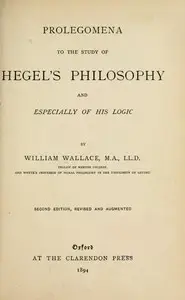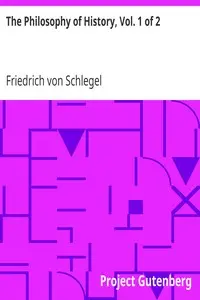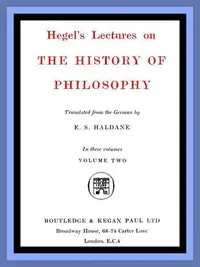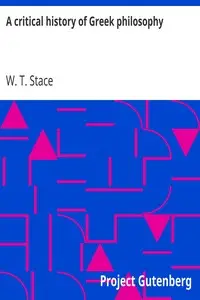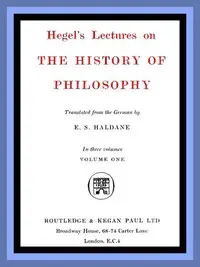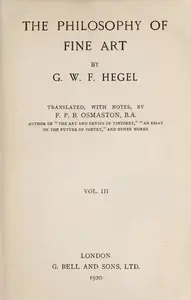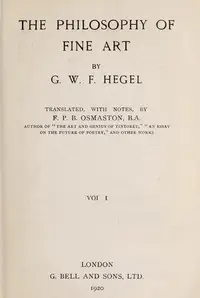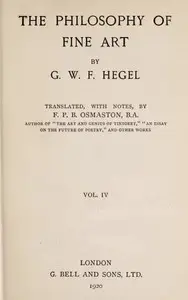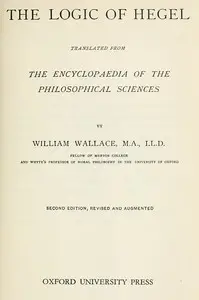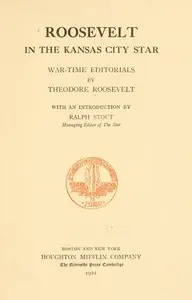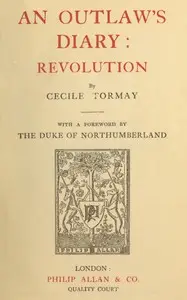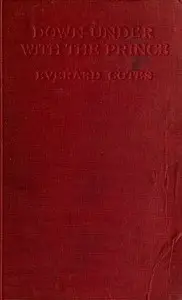"Hegel's Lectures on the History of Philosophy: Volume 3" by Georg Wilhelm Friedrich Hegel is a philosophical book from the late 19th century that looks at how philosophical ideas changed over time. This book keeps going deeper into the history of philosophical thought through different time periods, focusing on the Middle Ages and the start of modern philosophy. The book thinks about how ideas grew, especially how Christianity affected philosophy, why medieval thinkers were important, and how philosophy changed to lead to more modern ways of thinking. At the beginning, Hegel talks about the historical background of medieval philosophy, from early Greek thinkers to the end of pagan philosophy. He points out how Neo-Platonic thought helped create early Christian ideas, highlighting the connection between divine and human characteristics. He also talks about how Arabian and Jewish philosophers helped keep and build upon Greek thought. All of this leads to a detailed look at different philosophical beliefs, how religious ideas were added to philosophy, and what challenges came from new philosophies that would influence modern philosophical thought.
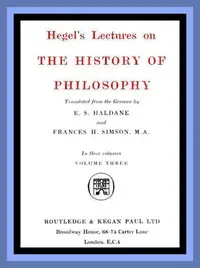
Hegel's Lectures on the History of Philosophy: Volume 3 (of 3)
By Georg Wilhelm Friedrich Hegel
Explore the evolution of thought from ancient Greece through the Middle Ages and into the dawn of modern philosophy, where religious beliefs and emerging philosophical movements shaped the intellectual landscape.
Genres
Released
2018-10-26
Formats
epub (images)
mobi
epub3 (images)
epub
mobi (images)
txt
Free Download
Summary
About the AuthorGeorg Wilhelm Friedrich Hegel was a German philosopher and one of the most influential figures of German idealism and 19th-century philosophy. His influence extends across the entire range of contemporary philosophical topics, from metaphysical issues in epistemology and ontology, to political philosophy, the philosophy of history, philosophy of art, philosophy of religion, and the history of philosophy.
Georg Wilhelm Friedrich Hegel was a German philosopher and one of the most influential figures of German idealism and 19th-century philosophy. His influence extends across the entire range of contemporary philosophical topics, from metaphysical issues in epistemology and ontology, to political philosophy, the philosophy of history, philosophy of art, philosophy of religion, and the history of philosophy.
Total Reviews
10.0k
Total reviews from Goodreads may change

